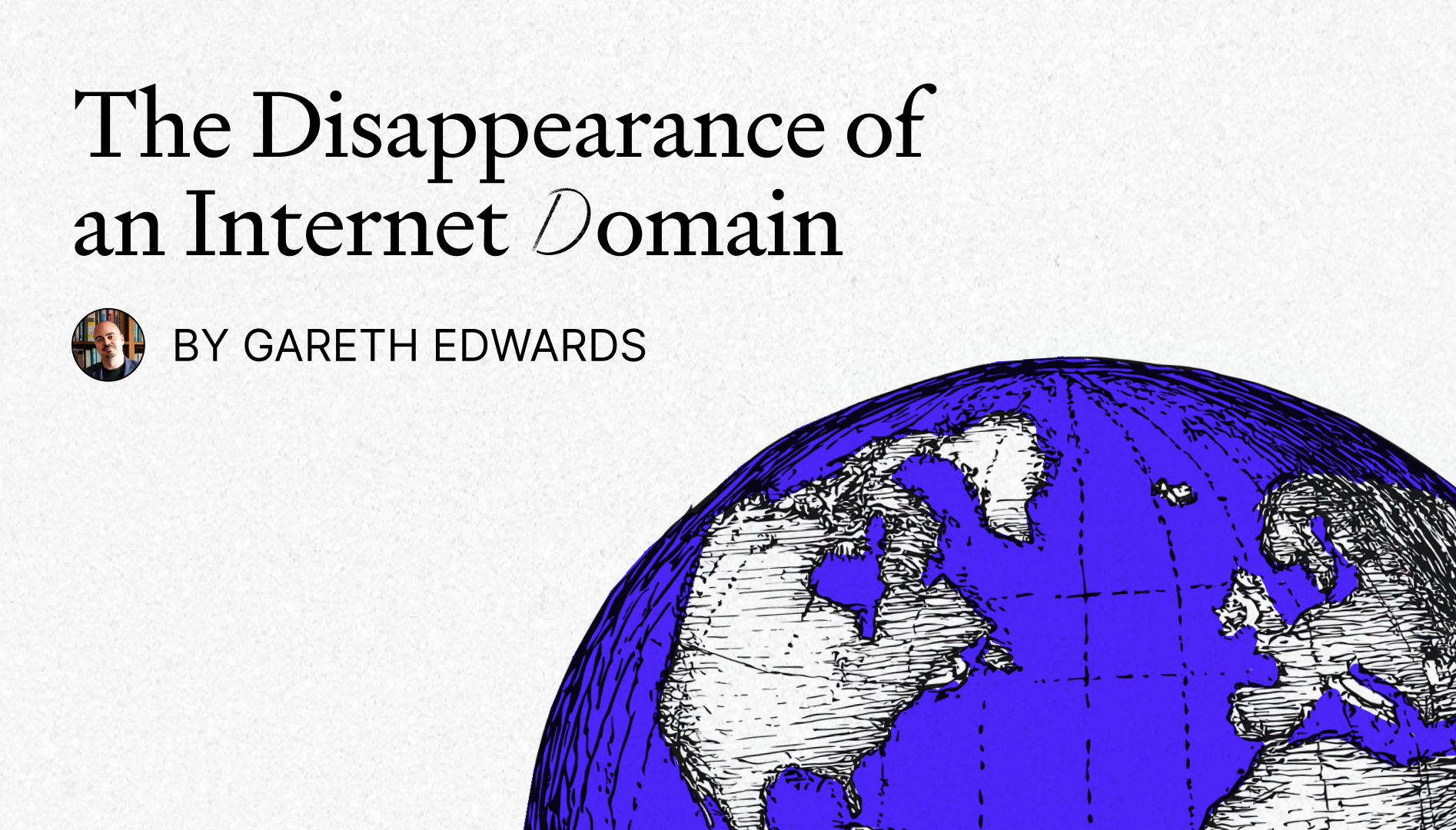Arthur Besse
cultural reviewer and dabbler in stylistic premonitions
- 307 Posts
- 679 Comments
keep it steady? did you neglect to install the shock absorbing plate?

I think it depends which side of the debate one is on?
$ systemd-analyze calendar tomorrow Failed to parse calendar specification 'tomorrow': Invalid argument Hint: this expression is a valid timestamp. Use 'systemd-analyze timestamp "tomorrow"' instead? $ systemd-analyze timestamp tuesday Failed to parse "tuesday": Invalid argument Hint: this expression is a valid calendar specification. Use 'systemd-analyze calendar "tuesday"' instead?ಠ_ಠ
$ for day in Mon Tue Wed Thu Fri Sat Sun; do TZ=UTC systemd-analyze calendar "$day 02-29"|tail -2; done Next elapse: Mon 2044-02-29 00:00:00 UTC From now: 19 years 4 months left Next elapse: Tue 2028-02-29 00:00:00 UTC From now: 3 years 4 months left Next elapse: Wed 2040-02-29 00:00:00 UTC From now: 15 years 4 months left Next elapse: Thu 2052-02-29 00:00:00 UTC From now: 27 years 4 months left Next elapse: Fri 2036-02-29 00:00:00 UTC From now: 11 years 4 months left Next elapse: Sat 2048-02-29 00:00:00 UTC From now: 23 years 4 months left Next elapse: Sun 2032-02-29 00:00:00 UTC From now: 7 years 4 months left
(It checks out.)
Surprisingly its calendar specification parser actually allows for 31 days in every month:
$ TZ=UTC systemd-analyze calendar '02-29' && echo OK || echo not OK Original form: 02-29 Normalized form: *-02-29 00:00:00 Next elapse: Tue 2028-02-29 00:00:00 UTC From now: 3 years 4 months left OK $ TZ=UTC systemd-analyze calendar '02-30' && echo OK || echo not OK Original form: 02-30 Normalized form: *-02-30 00:00:00 Next elapse: never OK $ TZ=UTC systemd-analyze calendar '02-31' && echo OK || echo not OK Original form: 02-31 Normalized form: *-02-31 00:00:00 Next elapse: never OK $ TZ=UTC systemd-analyze calendar '02-32' && echo OK || echo not OK Failed to parse calendar specification '02-32': Invalid argument not OK

 2·2 days ago
2·2 days agoFunny that blog calls it a “failed attempt at a backdoor” while neglecting to mention that the grsec post (which it does link to and acknowledges is the source of the story) had been updated months prior to explicitly refute that characterization:
5/22/2020 Update: This kind of update should not have been necessary, but due to irresponsible journalists and the nature of social media, it is important to make some things perfectly clear:
Nowhere did we claim this was anything more than a trivially exploitable vulnerability. It is not a backdoor or an attempted backdoor, the term does not appear elsewhere in this blog at all; any suggestion of the sort was fabricated by irresponsible journalists who did not contact us and do not speak for us.
There is no chance this code would have passed review and be merged. No one can push or force code upstream.
This code is not characteristic of the quality of other code contributed upstream by Huawei. Contrary to baseless assertions from some journalists, this is not Huawei’s first attempt at contributing to the kernel, in fact they’ve been a frequent contributor for some time.

 61·4 days ago
61·4 days agoWasn’t Huawei trying to put a Backdoor into linux?
as far as i know, that has not happened.
what makes you think it did?
After a minute of research I’m inclined to believe Godzilla egg-laying only happened in Roland Emmerich’s 1998 film.
Here is some contemporary reporting about it: https://www.chicagotribune.com/1998/05/19/godzilla-lays-an-egg-does-this-surprise-you/
Big, buff and bodacious, he’s so cool he can even reproduce himself–or herself. Turns out, Godzilla’s a hermaphrodite.
Consistent with the mythology, this giant lizard is a mutant by-product of nuclear radiation. As the only member of its species to have survived a bomb test in French Polynesia, Godzilla must assume male and female reproductive functions to maintain the lineage.
Why Godzilla feels compelled to travel all the way to Manhattan to lay its eggs is a mystery not clearly explained in the script, but, like any Sinatra fan, the monster probably thought, “If I can make it there, I’ll make it anywhere.” So, it was off to New York, New York, where–like the Knicks–the creature lays a lot of eggs in Madison Square Garden.
see also: https://fictionhorizon.com/how-does-godzilla-reproduce/

 53·7 days ago
53·7 days agofremdscham++😬

 12·13 days ago
12·13 days agoThe headline should mention that they’re breaking 22-bit RSA, but then it would get a lot less clicks.
A different group of Chinese researchers set what I think is the current record when they factored a 48-bit number with a quantum computer two years ago: https://arxiv.org/abs/2212.12372
I guess the news here is that now they’ve reached 22 bits using the quantum annealing technique which works on D-Wave’s commercially-available quantum computers? That approach was previously able to factor an 18-bit number in 2018.
🥂 to the researchers, but 👎 to the clickbait headline writers. This is still nowhere near being a CRQC (cryptanalytically-relevant quantum computer).
i think the bottom text has it wrong.
this is probably a stronger argument to get people to vote for her:
 what she’ll do
what she’ll do what her opponent won’t be able to do if she wins.
what her opponent won’t be able to do if she wins.

 7·17 days ago
7·17 days agoheadline was more exciting before i read the last four words of it

 233·19 days ago
233·19 days agoi can’t help but wonder if there isn’t some more useful science that these scientists could be doing (i write, while reading garbage on the internet)

 10·21 days ago
10·21 days agoAll two-letter TLDs are ccTLDs.
However, several of them are not in ISO 3166-1.

 2·23 days ago
2·23 days agoI don’t think any of his stuff would seem shocking by today’s standards.

 2·24 days ago
2·24 days agoOr you could just… learn to use the modern internet that 60% of internet traffic uses? Not everyone has a dedicated IPv4 anymore, we are in the days of mobile networks and CGNAT. IPv4 exhaustion is here today.
Where are you getting 60%? Google’s IPv6 Adoption page has it under 50% still:

(while other stats pages from big CDNs show even less)

 1·24 days ago
1·24 days agoIf you have
::/0in your AllowedIPs and v6 connections are bypassing your VPN, that is strange.What does
ip route get 2a00:1450:400f:801::200e(an IPv6 address for google) say?I haven’t used wireguard with NetworkManager, but using
wg-quickit certainly adds a default v6 route when you have::/0inAllowedIPs.





















that flag is upside down 🤘